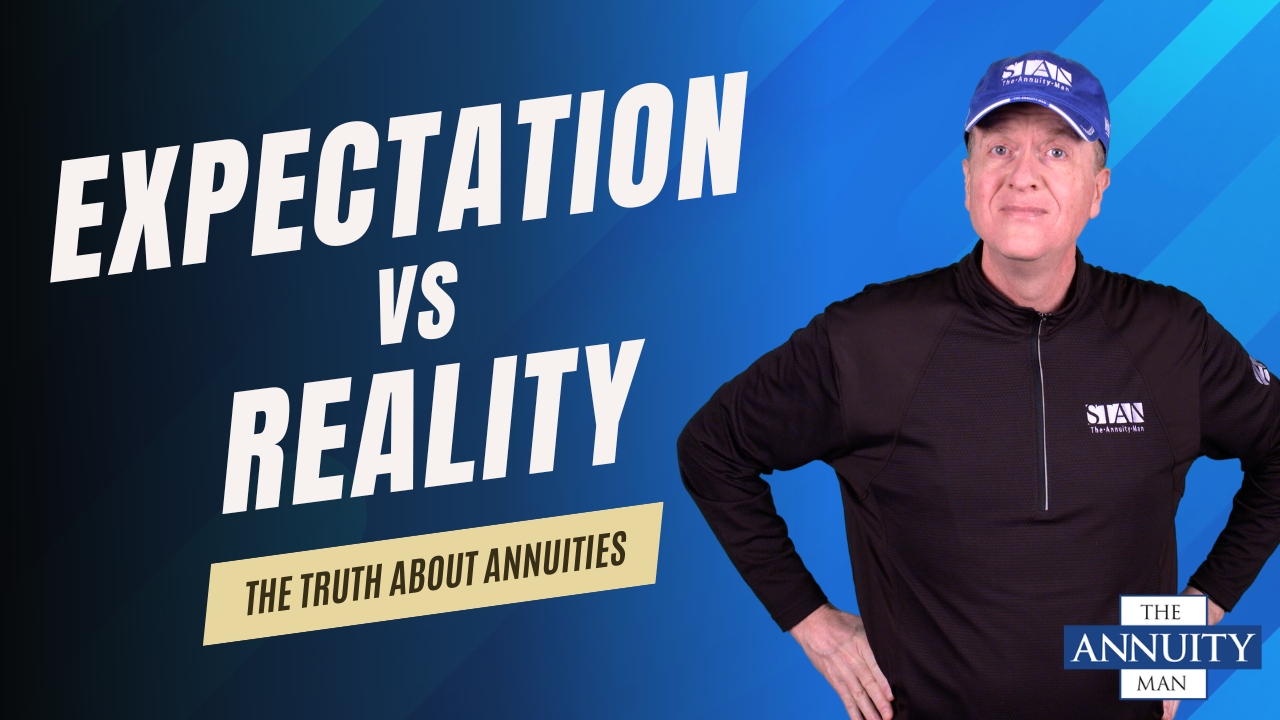Table of Contents
Hire An Advisor That Grew Up Poor: Shootin' It Straight With Stan®

Today's topic is a good one, it's personal, and it's come up a few times in part of the conversation with some people I've been working with. The topic is hiring an advisor that grew up poor. And I know you're saying, wait a minute, don't people change? What does that mean? Why are you saying that? It's because I grew up poor, so I look at money differently.
I remember going without and not having much; you probably do too. Maybe you grew up in a very affluent way, and kudos for that. Nothing wrong with that. I would love to have a trust fund. I would be the happiest trust fund baby of all time if that were the case, but it's not going to be the case for me or my wife. I grew up in rural North Carolina, and she grew up in rural Nebraska. We both put our way through college playing sports, which is how we got college paid for, and we took advantage of that. But I've been doing this for a long time.
I've been in the financial services business since I got out of college and have worked for firms like Dean Witter, if you remember them, Paine Webber, Morgan Stanley, and Union Bank of Switzerland. I worked World Trade 2 in New York, and I've been around the guys who went to the prep schools like Harvard, Princeton, and other Ivy League schools, really smart people. I get it, and I respect it. The only way that I would've ever gotten into those schools was if they recruited me to play basketball. It's funny, many of the Ivy League schools did, but my dad and his infinite basketball wisdom were like, "Don't go there. It's not good level basketball." We weren't thinking too straight back then. My dad was all about, "You need to go to a legitimate conference, D1," because I think he had some grandiose dreams of me playing after college, which wasn't going to happen. I did okay in college, but no.
The bottom line is, when I was on Wall Street on the other side of the table with the stocks and bonds and things that fluctuate and go up and down before I became the infamous annuity man, it would hurt my soul to see people's accounts go down in value. Even though I did the best job, putting clients in the best funds, ETFs, or stocks with the best research behind them killed me. It really did. It just wore me out to the point where now, all I do is Principal Protection type products, and where the only people that are going to get the money when we structure it is your family. Not the insurance company or annuity company. And I feel comfortable with that because you've worked hard for your money. I saw the people when I worked at those big firms, and they could care less. They lost you money. Buy, sell. Yeah, whatever, we lost money. They came for money. It was something that they thought was replaceable, and it wasn't something to worry about. They were always going to have money, and they were going to get the trust funds, and they had a backstop with family if something went wrong, they'd get bailed out. Most of us out there don't have that. The advisors that grew up like that and didn't have that will look at your money differently. I'm not saying that a wealthy person whose parents grew up millionaires can't be good advisors. I am saying that, involuntarily, they look at money differently than a person that grew up with nothing, or in my case, grew up, and my parents never purchased a stock or bond in their life. We were making ends meet, and I wanted to find out why they weren't buying that. It was always intriguing to me.
Reading Wall Street Journals when we were on the road when I was playing basketball, I was trying to figure out what all that was about. I was reading the Investors Business Daily and Barron's even though I didn't understand them; it was foreign to me. Not anymore, but I've been doing this so long that it's time to call it out. They call it a spade is a spade in the card business. You need to look at it like that. If you have an advisor, you need to find out where that advisor came from, even if that advisor has accumulated a lot of money. I put myself in that category. I've worked a long time, and we've put away a lot of money. I'm not poor anymore. And that's fine, and that's good too because I don't need the transaction. I want you to be a client, but it's not because I need the commissions. It's because I want you not to lose money, make a good decision, transfer risk, and put Contractual Guarantees in place in your portfolio. It's also the reason that I left Wall Street.
Most of you know I'm very transparent about who I am. At the time of this blog, I'm going on my 18th year of sobriety. A lot of the drinking when I was at Wall Street was because I was having a hard time processing putting people's money at risk and not being able to control the fact that they might lose money. I think that drove that. In fact, I'm pretty sure of it. It's funny, now that I'm completely sober and clearheaded 18 years later, I come into the office every day and say, let's, with confidence, recommend Principal Protection. Let's, with confidence, recommend Lifetime Income. And if you die, structure it, so your family gets unused money. Let's, with confidence, put you in a product that can help with Confinement Care, Long-Term care. Let's, with confidence, put you in a product that will provide a legacy contractually to your family even though you might not qualify for life insurance. Let's, with confidence, transfer risk from the markets to Contractual Guarantees. Let's, with confidence, provide recommendations so that people can live in chapter two of their lives. Let's, with confidence, tell people it's okay to retire from their jobs and the markets and look at Principal Protection. Let's, with confidence, talk about people winning the game and ask them why they are still playing?
This topic stems from where I came from and the scars of growing up without. I genuinely believe that when you attach yourself to advisors, whether it be me for the Fixed Annuity type stuff or it's a fee-only advisor for the market stuff, if you make the decision you want to stay in the markets, you need to ask them their background. Where did you come from? How did you grow up? What did your parents do? Are you a trust fund baby? Did you grow up rich? Where did you go to school? How did that school get paid for? Tell me about your wife. Did you marry into money? Listen, I don't think any of that's out of bounds. It's your money. Don't tiptoe around it.
Moshe Milevsky was on my podcast and is one of the smartest people I know. I'm proud he was on my podcast. He's a researcher on retirement, a professor, and a mad smart dude. And do you know what he said? "Ask hard questions to your advisor. Ask questions that make them feel uncomfortable." And if they won't answer it, then move on. It's your money. It's not their money. Many advisors, especially those that grew up rich, and you know what I'm talking about, you probably had one, treat your account like it's their money. They talk down to you like it's their money. Why? Because they grew up rich and think it's their money. It's not. It's your money. Ask them the hard questions. Ask them if they grew up poor, and if they did, then say, have you made it? Are you rich yet? And if they say yes, I am, then say, well then, how's your thinking? How's your thinking changed, or do you still have those scars? Those scars of scarcity, that scar of not wanting to lose me money, that scar of if you do lose me money, it's going to hurt you, it's going to hurt your soul to the core. You're not going to go home and have a beer and watch the game, "Well, we lost Mr. And Mrs. Jones money. That's just part of the game." No, it's not part of the game. You've won the game.
It's time to align yourself with the team of people, whether it's CPAs, tax lawyers, investment advisors, or annuity people that think as you do. That look at life like you do, that look at money like you do, and that look at your money as important, as something they are going to war over. They need to fight for you based on your terms, goals, and timeframes. You need advisors that grew up poor. You need advisors that grew up without. You need advisors that scrimp and save and had it tough. You need advisors that had to work to get to where they are, and it wasn't just handed to them. You need advisors not to talk condescendingly to you. You need advisors to use their mouth and their ears in proportion and listen to you.
Now, am I a brutally honest person when you get me on the phone? Yes. I will ask hard questions, and you better ask them to me. And if you're not just using me, you have other people, you need to ask them hard questions. I don't care if it's big box places like Fidelity, Vanguard, or Schwab, which are great companies. Ask those young people that are managing your account hard questions. Ask them. Ask them if they have ownership of the gains and losses. Ask that.
If you do one thing, ask tough questions and find advisors that grew up without, grew up poor, and still bring those scars to their recommendations. Find someone that still brings that pain of not having money to their recommendations, that fear of scarcity, fear of running out to their recommendations, and to their management style. I'm going to make a lot of agents and advisors mad out there that their parents were very well off or they came from a very well-off family. I don't care. It's not about them, it's about you. I'm speaking directly to you right now, reading this.
In chapter two of your life, you got to put a team together that will help you manage the assets, the trust, the structures, the legacy provisions, and the goals and wishes of how you want to take care of your spouse and or family. Those people need to be on the same page and in essence, the same demographic as you grew up. I know I'm the only person saying this out here, but it needs to be said. Financial advice is not a game. The markets are not a game. Your retirement is not a game. Your lifestyle is not a game. How you worked, scrimped, and saved for decades is not a game. Do not let people treat it like a game. Have them treat it personally, and have them own it and feel horrific if something terrible goes wrong with your money.
That's why I have gravitated to the Fixed Annuity space because it fits my personality, the way I grew up, my family, and my lineage on both sides. Both sides of the family in North Carolina worked in textile mills, and they worked hard lives. I bring that to the table, and your advisors need to bring that to the table as well. Think about it. When you hire an advisor, hire one that was poor, that grew up without. They're going to take care of you a lot better than that advisor, that trust fund person, that Ivy League person. You don't want that. You want people to talk your language. You want people to listen to you. You want people to own what they're recommending and take it personally.
Never forget to live in reality, not the dream, with annuities and contractual guarantees! You can use our calculators, get all six of my books for free, and most importantly book a call with me so we can discuss what works best for your specific situation.
.png)
.svg)















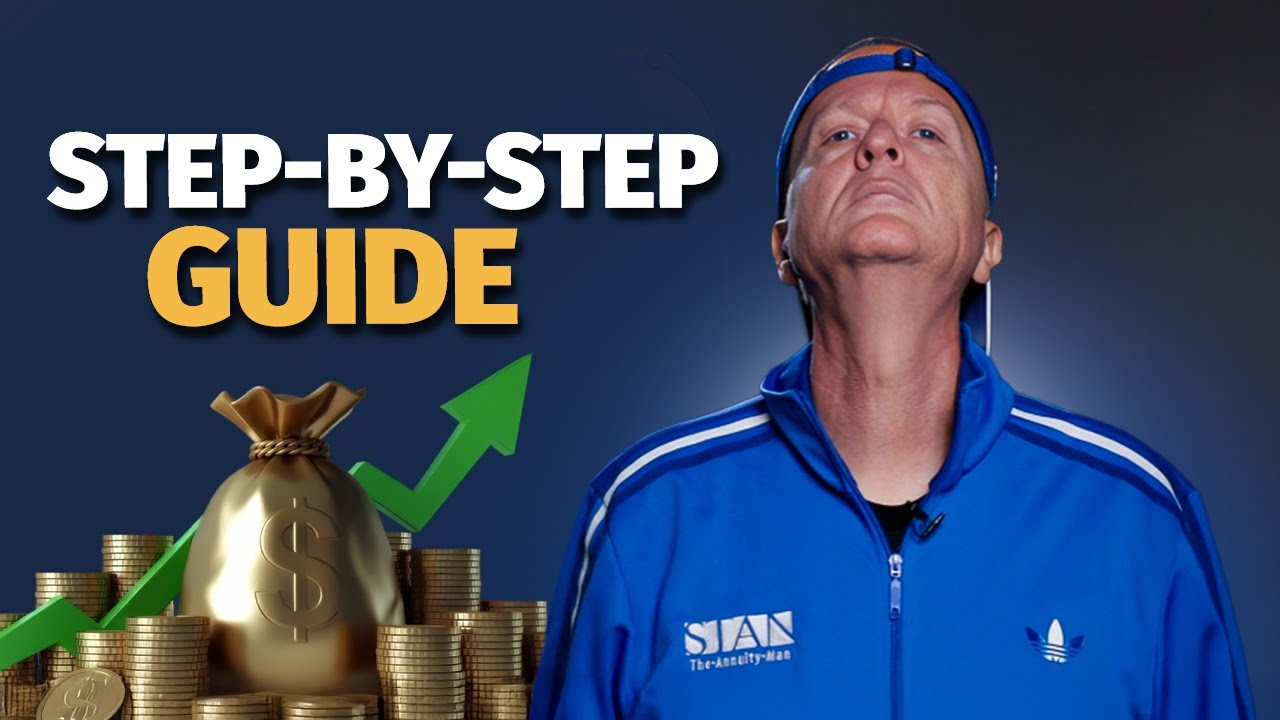



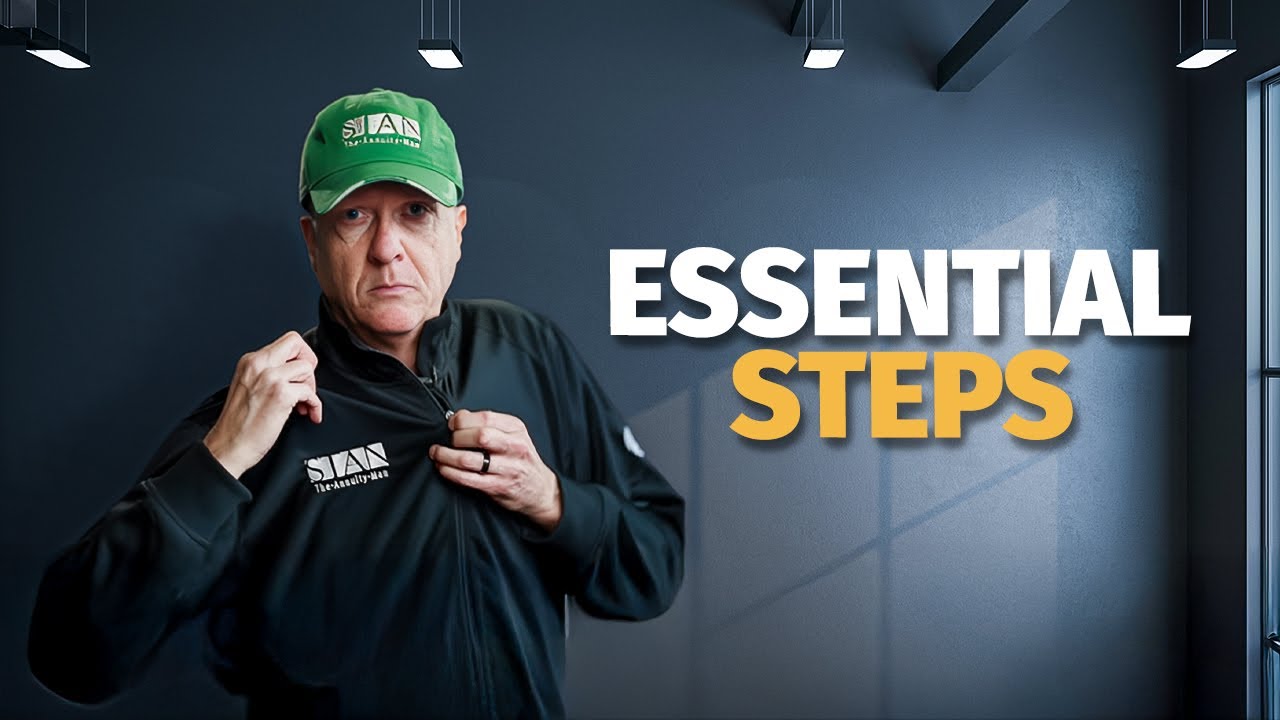





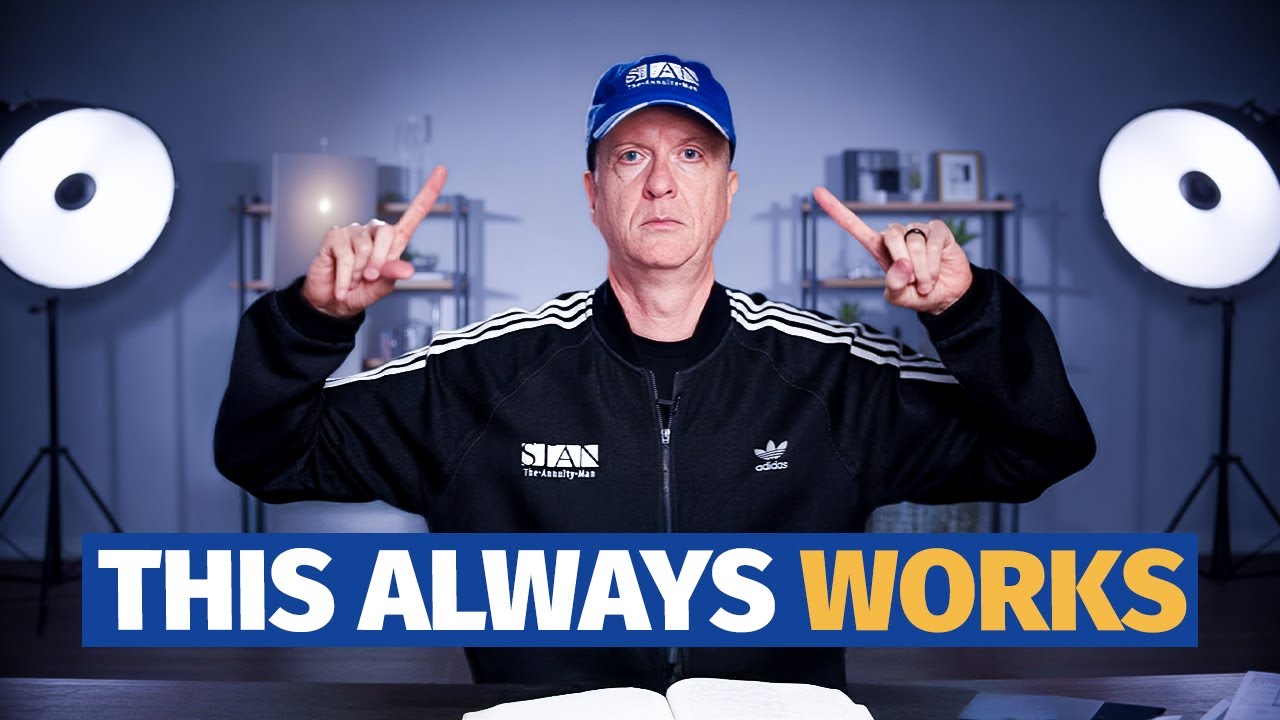











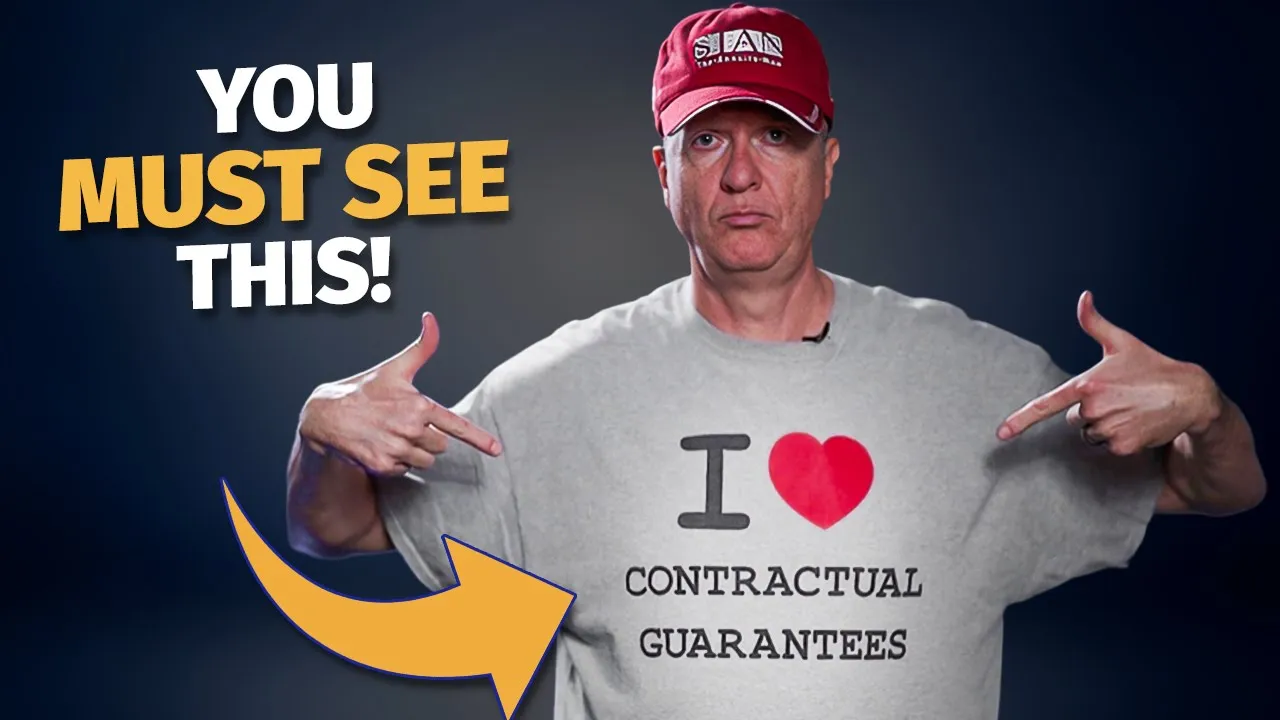










.jpg)


.jpg)
.jpg)
.jpg)
.jpg)

.jpg)


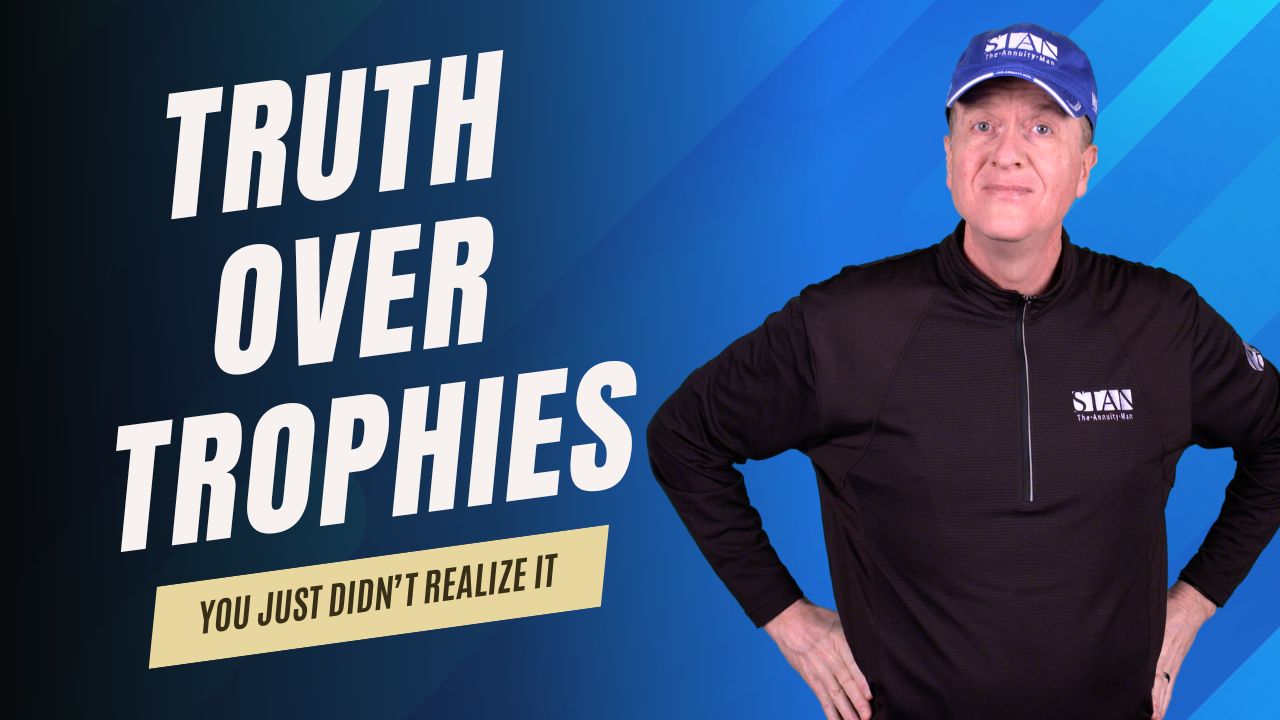
.jpg)
.jpg)
.jpg)
.jpg)
.jpg)
.jpg)
.jpg)
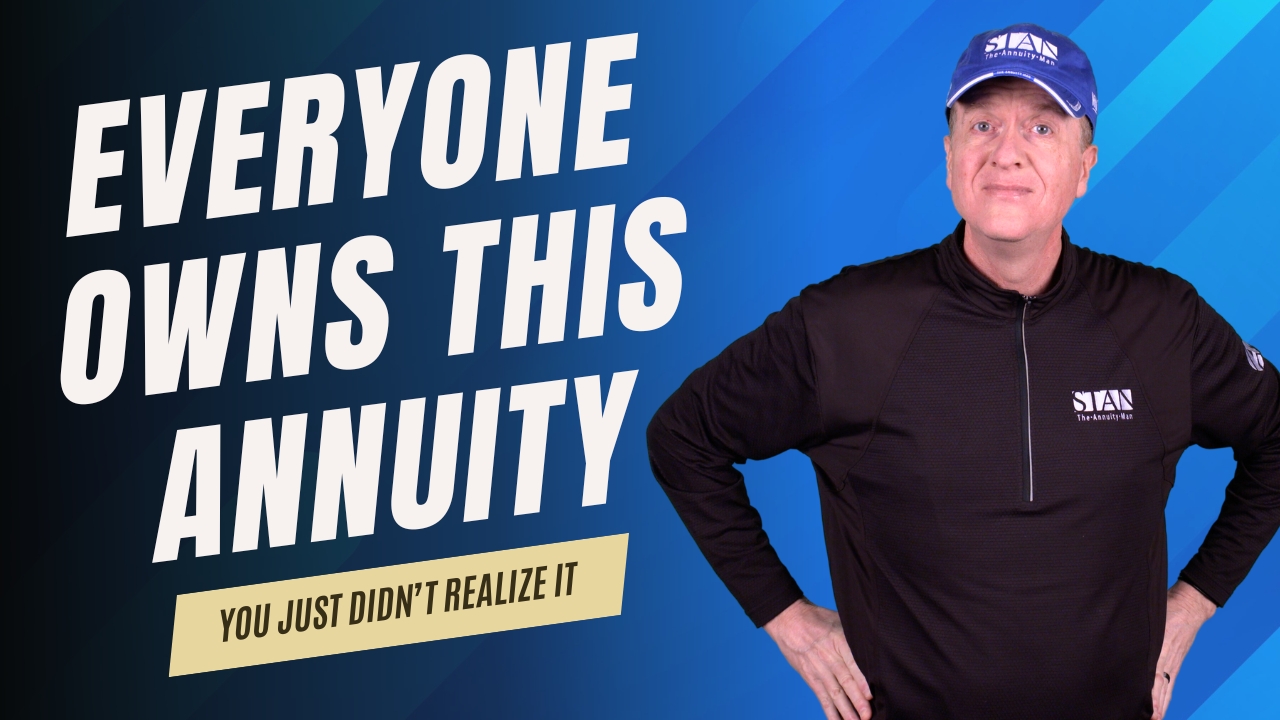

.jpg)
.jpg)
.jpg)
.jpg)

.jpg)
.jpg)


.jpg)

.jpg)

.jpg)

.jpg)
.jpg)
.jpg)
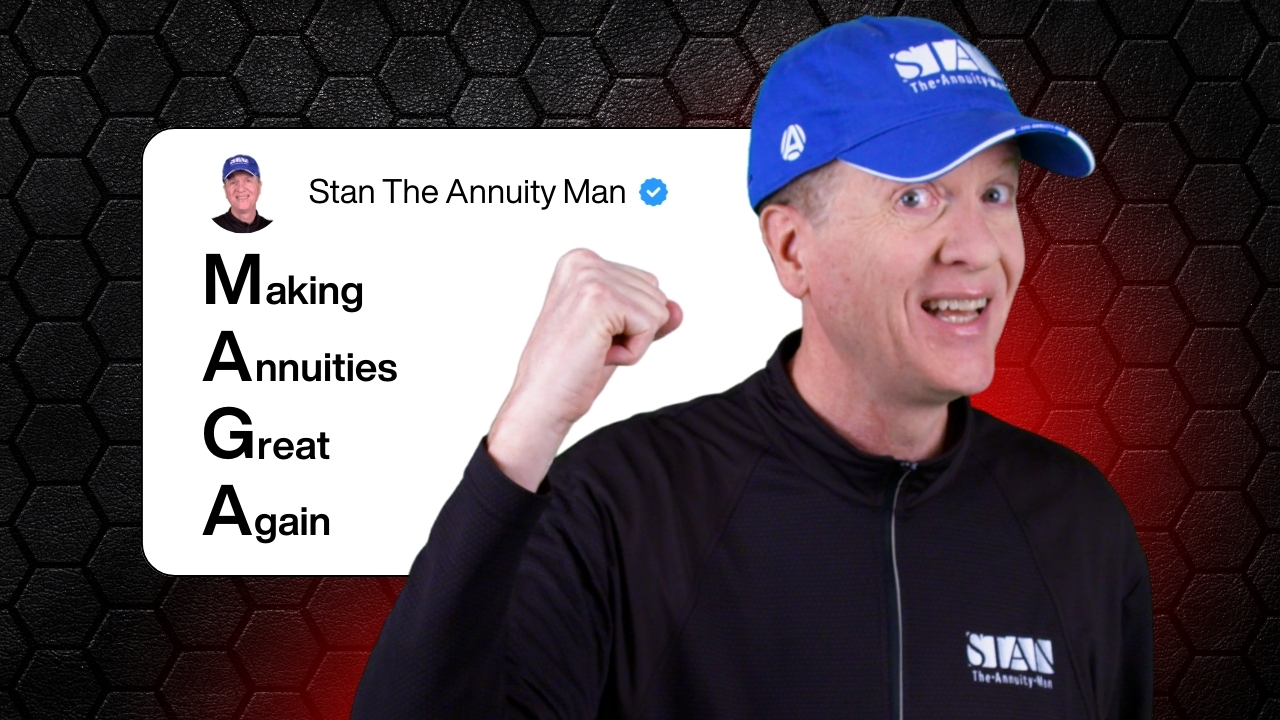
.jpg)
.jpg)
.jpg)

.jpg)
.jpg)
.jpg)


.jpg)
